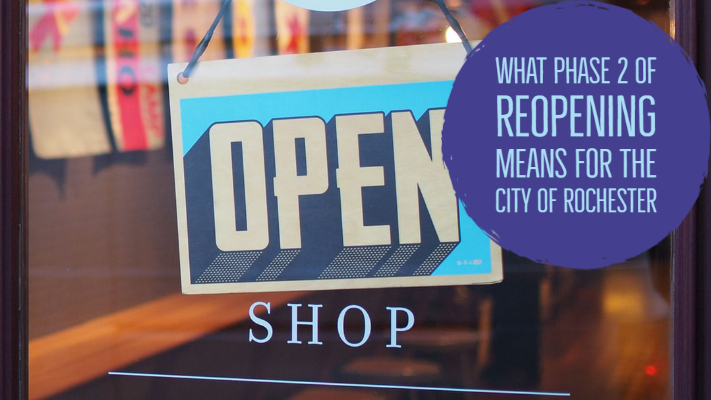 Across the nation, one in every four Americans have suffered from pain that lasts longer than 24 hours, while millions more suffer from acute pain. Lower back pain is reportedly the most frequent cause of activity limitation in people younger than 45 years old. What’s more, chronic headaches also affect millions Americans, and arthritis pain is reported to affect about 50 million people, too.
Across the nation, one in every four Americans have suffered from pain that lasts longer than 24 hours, while millions more suffer from acute pain. Lower back pain is reportedly the most frequent cause of activity limitation in people younger than 45 years old. What’s more, chronic headaches also affect millions Americans, and arthritis pain is reported to affect about 50 million people, too.
According to the University of Rochester, this chronic pain is said to be the most costly health problem in the nation. Some of the consequences of chronic pain include increased expenses, lost income, lost productivity, compensation payments, and legal charges.
And a new study from Stanford University has found that there’s another cost of chronic pain: happiness.
“What I hear from patients is that it’s not just that it hurts, but that the pain takes you away from things that matter to you — the things that are meaningful to you,” said Stanford researcher Drew Sturgeon, MD, a postdoctoral pain psychology fellow in the Stanford Pain Management Center.
Sturgeon and his colleagues analyzed the data of some 675 patients who filled out data sets for the national open source Collaborative Health Outcomes Information Registry (CHOIR), which aims to improve the collection and reporting of data on pain. They examined both the reported physical functioning and social satisfaction of patients, which have been shown to have a part in causing anger and depression.
The study, which has been published in the journal Pain, found that the effects of chronic pain on relationships can be a key trigger of anger and depression, even more so than the actual physical limits the pain caused.
“My suspicion was that there was going to be a stronger frustration when [the pain] affects social relations,” said Sturgeon. “Relationships are one of the strongest predictors of mood. If you’re an avid bicyclist and can no longer cycle, that’s frustrating. But if cycling is the primary source of your social relationships, that’s even more frustrating.”
Sturgeon went on to say that the pain’s effect on others may also be a cause of the anger and depression.
“Perhaps considering how the pain is affecting the people around the patient is also important,” he said. “This is something that as a field we haven’t been paying very good attention to.”






No Comment